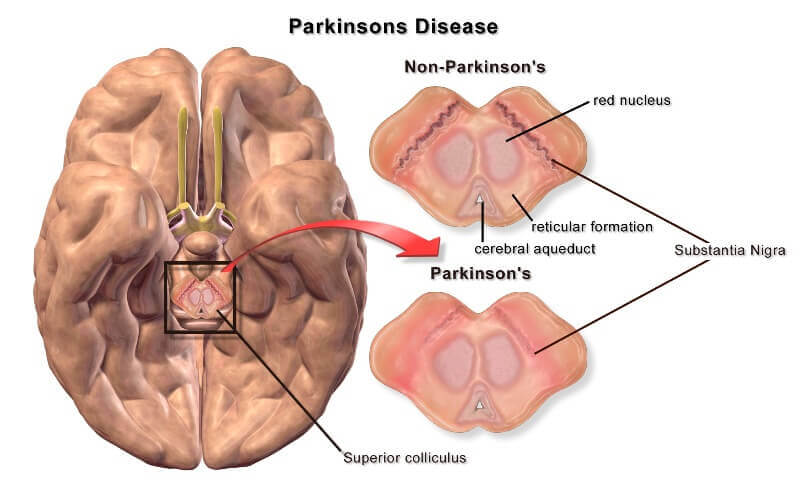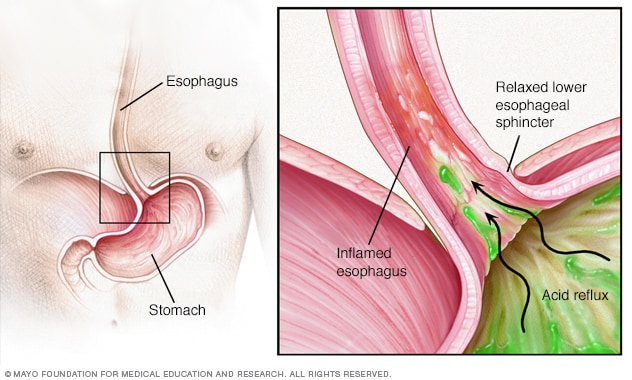A nurse is caring for a client who is newly diagnosed with Parkinson’s disease. The client states, “I have no idea why I got this.” Which of the following is the most important question the nurse should ask this client while performing the assessment?
“When did you have your last physical?”
“Do you have any family members with Parkinson’s disease?”
“What kind of work do you do?”
“How much coffee do you drink every day?”
The Correct Answer is B
Choice A Reason:
Asking about the last physical exam is important for understanding the client’s overall health history, but it is not the most critical question for assessing the risk factors specific to Parkinson’s disease.
Choice B Reason:
This is the correct answer. Family history is a significant risk factor for Parkinson’s disease. Genetic factors can play a role in the development of the disease, and knowing if any family members have Parkinson’s can help in understanding the client’s risk and planning appropriate care.
Choice C Reason:
While occupational history can provide insights into potential environmental exposures that might contribute to Parkinson’s disease, it is not as directly relevant as family history in assessing the risk of developing the disease.
Choice D Reason:
The amount of coffee consumed daily is not directly related to the risk of developing Parkinson’s disease. Some studies suggest that caffeine might have a protective effect, but this is not a primary factor in assessing the disease.

Nursing Test Bank
Naxlex Comprehensive Predictor Exams
Related Questions
Correct Answer is C
Explanation
Choice A Reason:
There is a causal link between lying down after eating and the increased onset of GERD. Lying down can cause stomach acid to flow back into the esophagus, exacerbating GERD symptoms.
Choice B Reason:
Taking aspirin with GERD is not recommended. Aspirin and other nonsteroidal anti-inflammatory drugs (NSAIDs) can irritate the stomach lining and worsen GERD symptoms.
Choice C Reason:
This is the correct answer. Alcohol and caffeine can relax the lower esophageal sphincter, allowing stomach acid to reflux into the esophagus and aggravate GERD symptoms.
Choice D Reason:
There is no evidence to suggest that mercury-containing foods, such as some seafood, are linked to GERD. The primary dietary concerns for GERD involve foods and beverages that can relax the lower esophageal sphincter or increase stomach acid production.

Correct Answer is B
Explanation
Choice A Reason:
Nutritional therapy focuses on dietary needs and ensuring patients receive adequate nutrition. While this is important for overall health, it does not directly address the swallowing difficulties experienced by patients with Parkinson’s disease.
Choice B Reason:
This is the correct answer. Speech therapy is essential for patients with Parkinson’s disease who have difficulty swallowing. Speech-language pathologists (SLPs) are trained to assess and treat swallowing disorders (dysphagia). They can provide exercises and strategies to improve swallowing function and reduce the risk of aspiration.
Choice C Reason:
Occupational therapy helps patients with daily living activities and improving motor skills. While occupational therapists can assist with feeding techniques, they do not specialize in treating swallowing disorders.
Choice D Reason:
Respiratory therapy focuses on breathing and lung function. It is not directly related to swallowing difficulties, although respiratory therapists may be involved if there are complications such as aspiration pneumonia.
Whether you are a student looking to ace your exams or a practicing nurse seeking to enhance your expertise , our nursing education contents will empower you with the confidence and competence to make a difference in the lives of patients and become a respected leader in the healthcare field.
Visit Naxlex, invest in your future and unlock endless possibilities with our unparalleled nursing education contents today
Report Wrong Answer on the Current Question
Do you disagree with the answer? If yes, what is your expected answer? Explain.
Kindly be descriptive with the issue you are facing.
